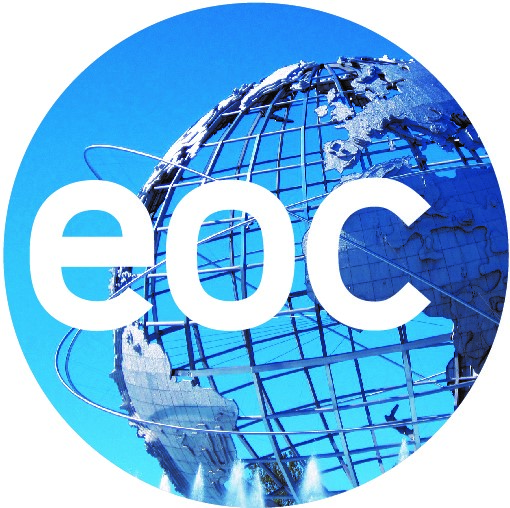
Vocational – Admissions Applicant Information Form
The EOC considers applicants who meet academic and income requirements and who are New York State/City residents for its tuition-free programs. Income Guidelines are dependent upon household size. If an applicant is receiving financial support from a government source and/or otherwise has no income of his/her own, the income guidelines may not apply. Please view income guidelines and exceptions that may apply before completing the Admissions Applicant Information Form. If unsure after reading, please still complete the form so we can assist your admissions. (Click here)
EOC 250% Economic Income Guidelines – 2023-2024
| Household Size (Including Head of Household) | Total Annual Income |
| 1 | $36,450 |
| 2 | $49,300 |
| 3 | $62,150 |
| 4 | $69,375 |
| 5 | $87,850 |
| 6 | $100,700 |
| 7 | $113,550 |
| 8 | $126,400 |
Reference to the household income scale need not be made if the student falls into one of the following categories, and documentation is available:
- The student’s family is the recipient of:
- Family Assistance Program Aid.
- Safety Net Assistance through the New York State Office of Temporary and Disability Assistance, or a county department of social services
- family day-care payments through the New York State Office of Children and Family Services Assistance, or a county department of social services.
- The student is living with foster parents who do not provide financial support, and no monies are provided from the natural parents
- The student is a ward of the State or a county.
Eligibility exemptions are provided for applicants whose families exceed the income guidelines per household size, however, meet the educational eligibility guidelines. Examples include: The applicant or household has experienced a one-time increase in income (i.e. insurance settlements, severance pay, etc.) though having a history of low income; or households with substantial long term, non-reimbursed medical obligations (such as maintenance of physically or mentally handicapped children); or
the household includes relatives and/or others not claimed as tax deductions such as grandparents, dependents of children, nieces, nephews, godchildren, or other individuals that clearly depend on the income of the head of household; or, the applicant’s income during the year of the enrollment is low enough to qualify for admission, though prior year income may exceed the guidelines. In these instances, the change in income must result from a documented incident that is anticipated to have a long-term effect such as that of a dislocated worker (i.e. business closing, loss of a spouse, physical disablement, etc.)